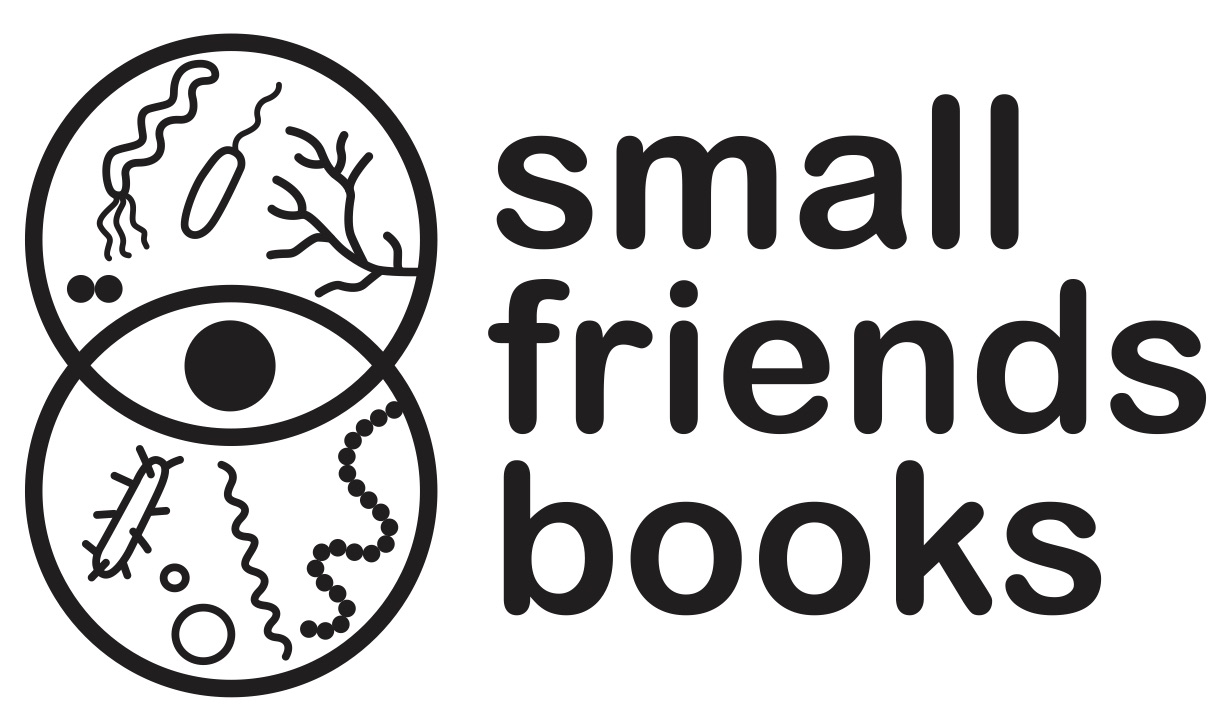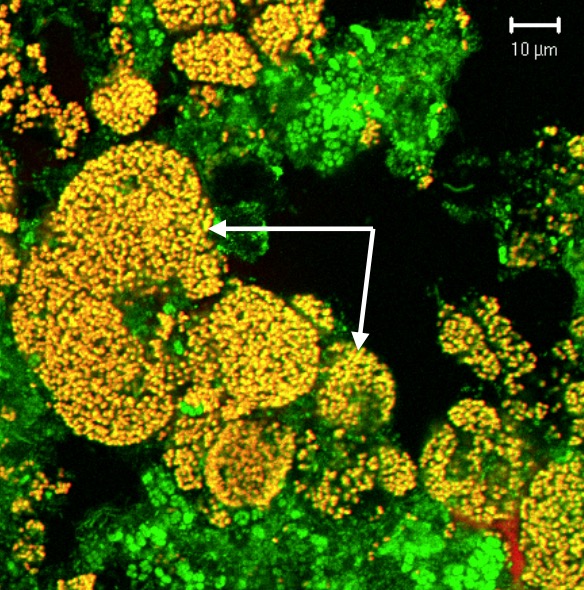Scale Free Network is an Australian-based art-science collaborative originally founded by visual artist (Briony Barr) and microbial ecologist (Dr Gregory Crocetti), in collaboration with arts educator (Jacqueline Smith).
In 2008, SFN began creating interdisciplinary workshops and participatory installations for children and adults, combining both artistic and scientific themes. Focused on the microscopic world as a source of inspiration and wonder, SFN projects visualise and explore this invisible realm. Using interactive microscopes, projections from the micro-world, hands on sculpture and drawing techniques, the viewer-participant is asked not only to engage with what they are seeing, but also to question the human scale, from which they are so accustomed to seeing.
SFN has been invited to run projects, workshops and exhibitions at both science and art institutions in Australia and internationally including at the National Gallery of Victoria, the Art Gallery of Ballarat, ArtPlay, Regional Arts Victoria, Counihan Gallery, The Royal Institution of Australia, CSIRO Education Victoria and the South Australian Heath and Medical Research Institute. From November 2013 to April 2014, SFN exhibited in The Aleph Project, part of the inauguration of the Museum of Modern and Contemporary Art in Seoul, Korea. In both 2011 and 2013, they were Artists-in-Residence with Natalie Jeremijenko at her Environmental Health Clinic at New York University. In 2016, they were Artists-in-Residence at the QANTAS Joey Club (Brisbane), where they created a permanent art-science lab for 3-5 year old children. In 2017, Scale Free Network developed A Hierarchy of Eddies, an interactive installation exhibited at RMIT Gallery as a part of the 2017 Melbourne Festival and touring until 2020 as a part of the Experimenta Make Sense International Triennial of Media Art.
SFN have run workshops and created installations for numerous Australian festivals including: Come Out (SA); Moomba (VIC); The Big Draw (VIC); Knox Festival (VIC); Come Together (VIC); World Science Festival Brisbane (QLD) and Melbourne Knowledge Week (VIC). Their work has been supported by grants from: the Australia Council for the Arts; the City of Melbourne; National Science Week; Creative Victoria; and the Victorian ANZAC Centennial Fund.
The Small Friends Books project was initiated by SFN in 2013. It brings together microbiologists, educators, writers, visual artists, science communicators and designers to produce illustrated science-adventure tales, inspired by the beneficial symbiosis (living together) of microbes with other larger life forms. SFN's first two award-winning books, The Squid, the Vibrio & the Moon and Zobi and the Zoox (co-created with Ailsa Wild and Aviva Reed) received critical acclaim, selling over 5000 copies combined.
Since 2017, the Australian Society for Microbiology and Creative Victoria have supported the completion two additional titles, set in the soil. SFN now co-publishes the Small Friends Books series in Australia with CSIRO Publishing, with Chinese and Korean editions due in 2021.
SFN’s multi-award-winning graphic novel ‘The Invisible War’ (co-created in 2016 with Ailsa Wild, Ben Hutchings and Jeremy Barr) is now available in: North America (through Graphic Universe, an imprint of Lerner Books); Korea (through Bannibooks) and the Middle East (through Nahdet Misr Publishing).












